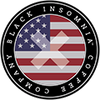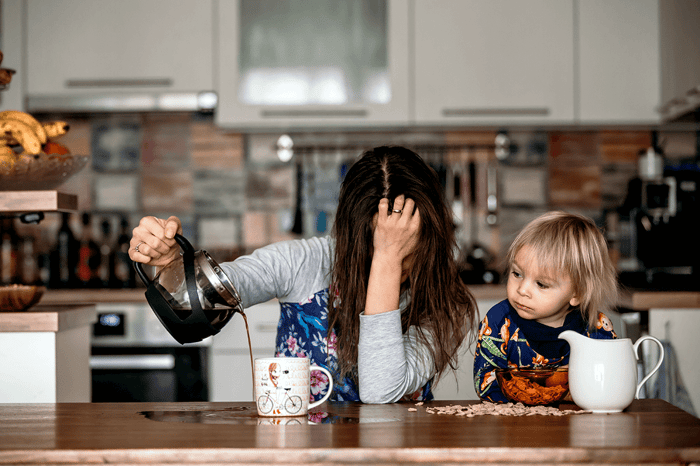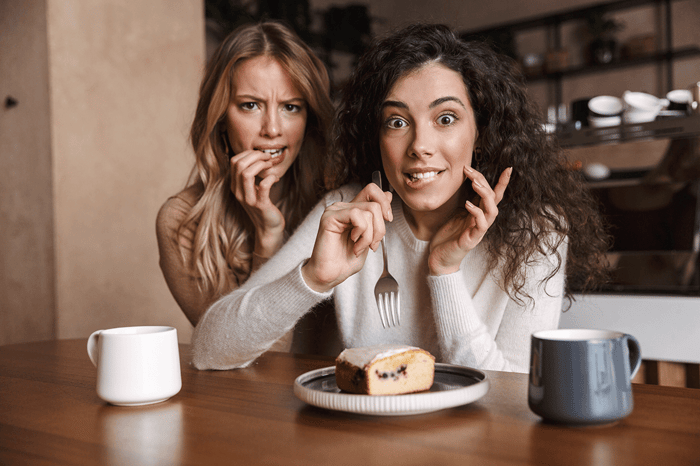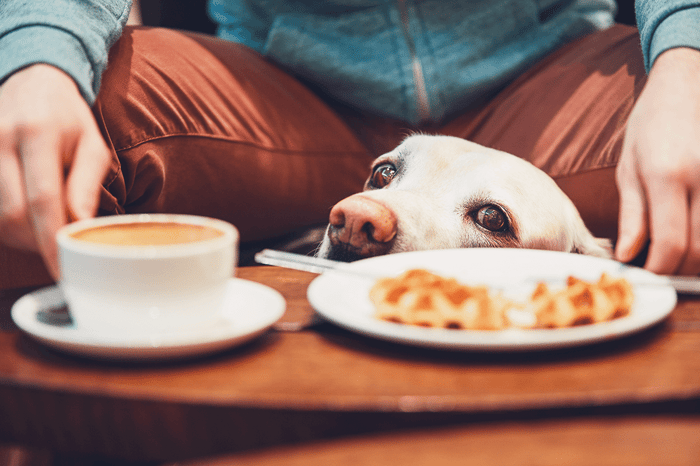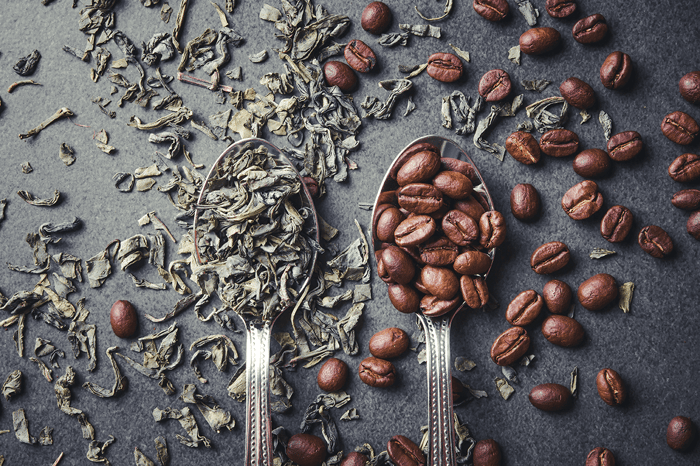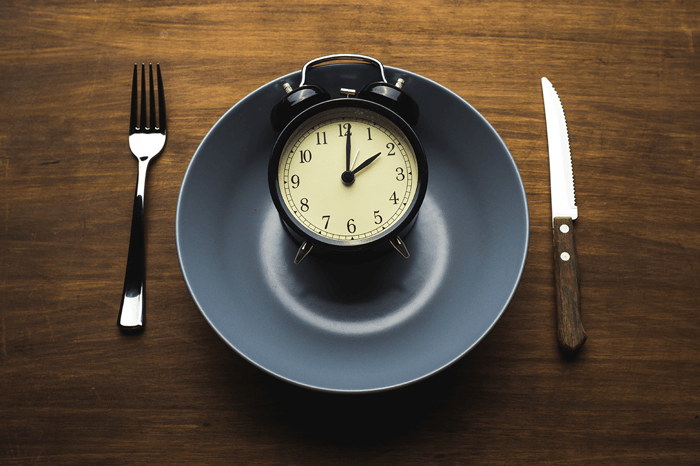
Ever feel sleepy after drinking coffee? You’re not alone.
It seems paradoxical, but yes, coffee can indeed sometimes make you feel sleepy.
The caffeine in coffee is an energy booster, yes. However, as a natural stimulant, it affects everyone differently depending on their regular consumption habits and on genetic factors that vary from person to person.
Coffee is well known for boosting energy, alertness, and focus. So where does the tiredness sometimes come from?
First off, it Could Be a Sugar Crash
For many people who feel sleepy after they drink a moderate amount of coffee, sugar may actually be to blame.
Many people who would never consider eating a tablespoon of granulated white sugar are happy to dump two or three of them in every cup of coffee.
If you “take coffee with your sugar” so to speak, you’re just asking for a major sugar crash later in the day.
But what if you drink your coffee black and you still feel tired?
There could be a much more complicated explanation.
Molecules, Sleep Pressure, and Receptor Sites
Mark Stein, a professor in the Department of Psychiatry and Behavioral Sciences at the University of Washington, told the New York Times that “[caffeine] helps with attention and alertness. It helps with cognitive tasks, and it helps with energy levels,”
However, he says that the long term impact has the opposite effect.
The paradox appears to result partially from what is called “sleep pressure.” When we first wake up, our bodies’ biological clocks start over. Sleep pressure causes us to feel sleepy as the day goes on.
Science is still learning about the nature of sleep pressure and how it builds up in the body, but it seems to be connected to a molecule called ATP (adenosine triphosphate). As ATP gets used up by our cells, those cells generate adenosine as a byproduct. That adenosine binds to receptors in our brains, which makes us feel sleepy.
So where does caffeine fit into the equation? Well, to our cells, caffeine “looks” similar to adenosine. It’s chemically similar enough on a molecular level that it ends up in those binding sites in place of adenosine. Thus, adenosine isn’t there to make us feel sleepy.
You might be wondering, “what happens to the adenosine when it shows up to the binding site and finds caffeine sitting in its seat?”
Well, here’s the thing: when it can’t bind to a brain receptor, it starts building up.
And here’s the other thing: Just because adenosine can’t bind to those receptors temporarily, the body doesn’t stop producing adenosine.
Once the caffeine wears off, you suddenly have all this adenosine that’s been building up in the body. That’s why you can end up suddenly feeling very sleepy a long time after drinking coffee.
Plenty of times, this works perfectly with our schedules—and if you know that this is how caffeine works, you can consume coffee accordingly.
But if you don’t know how or why drinking coffee can make you feel tired later on in the day, it can catch you off guard.
So if you want to make sure caffeine won’t interfere with a good night’s sleep, just make sure you stop drinking coffee around 6 or 7 hours before you get ready for bed.
